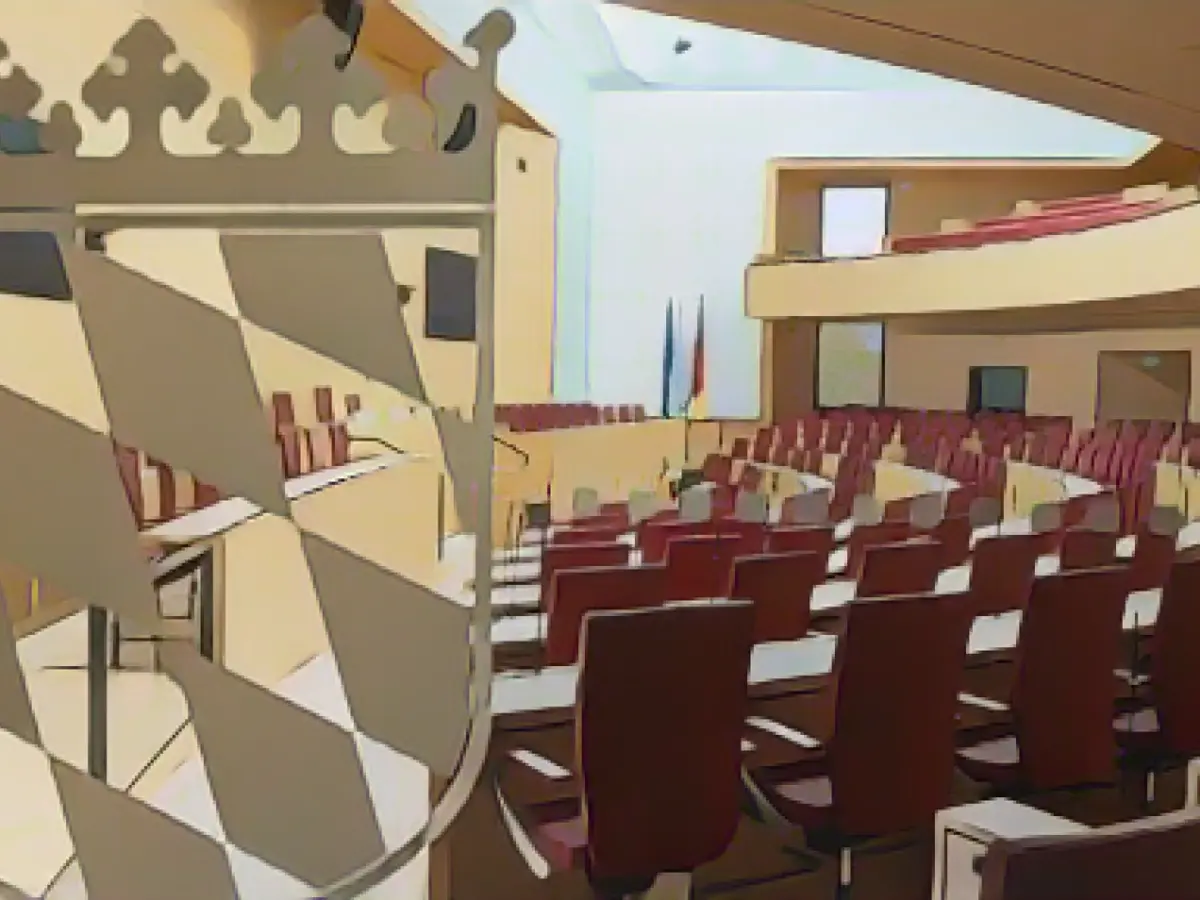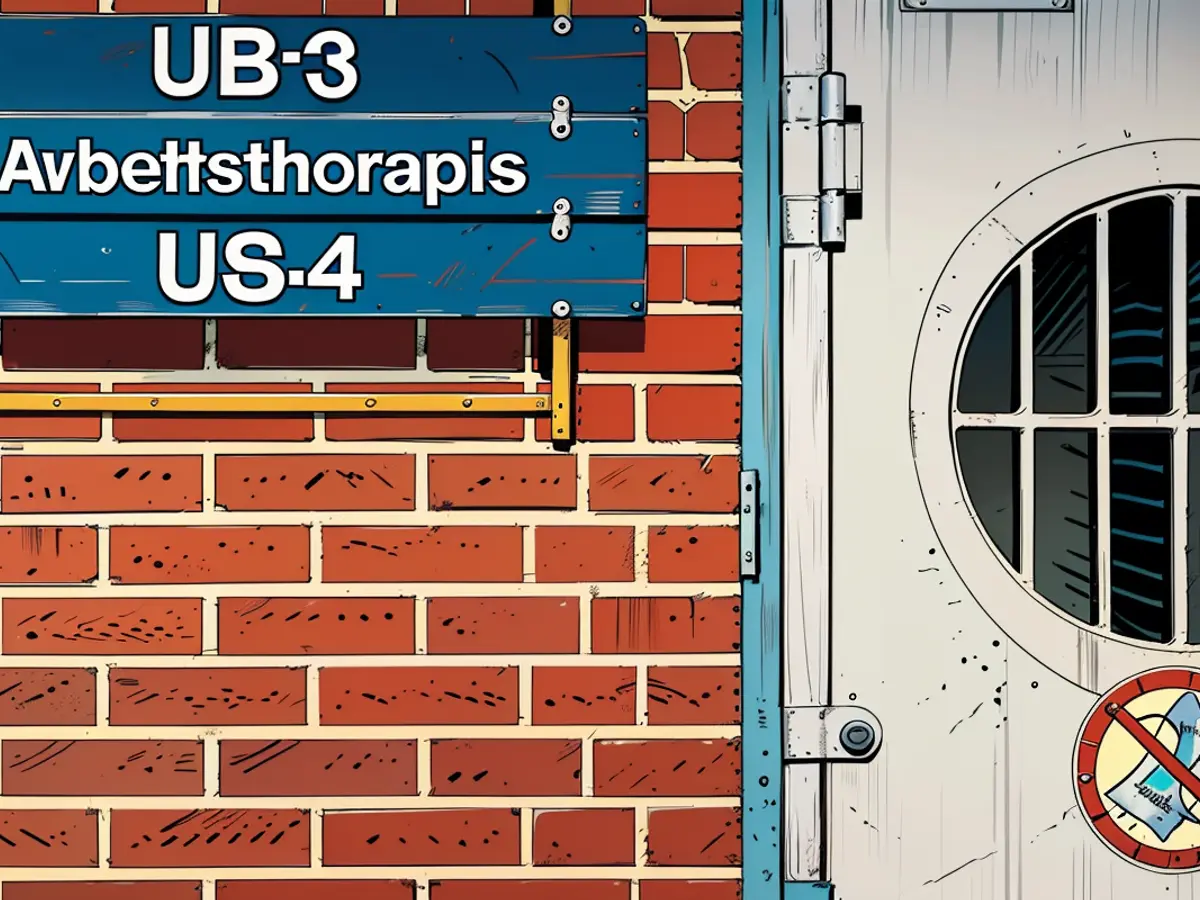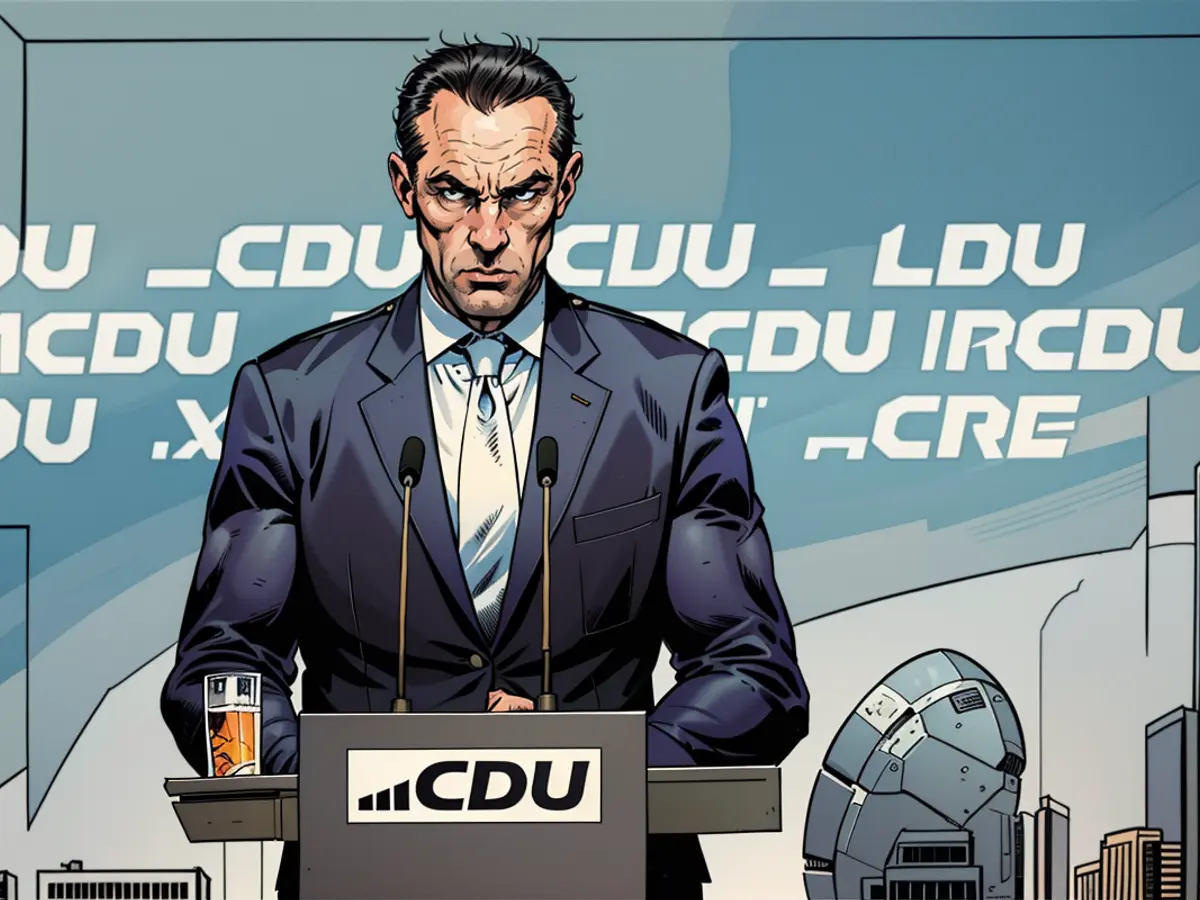Finances - SPD and IG Metall in Bavaria want to relax the debt brake
The IG Metall trade union in Bavaria and the SPD parliamentary group in the Bavarian state parliament are calling for the debt brake to be relaxed at federal level and then also in Bavaria. The debt brake is the cause of the investment backlog in roads, railways, bridges, schools and housing construction, said IG Metall district manager Horst Ott in Munich on Thursday. SPD parliamentary group leader Florian von Brunn also believes that an intelligent reform is needed to put Germany and Bavaria in a good position for the future.
Von Brunn emphasized that the necessary improvements could not be paid for out of petty cash. Investments are important for maintaining jobs in industry, for the energy transition with the expansion of wind power, power lines and geothermal energy and for the renovation of the railroads. Subsidies for lower energy prices also make sense. "Credit-financed public investment in good infrastructure and future technologies is worthwhile because it leads to more growth and prosperity."
The debt brake prevents Germany and Bavaria from tackling the gigantic challenges, said Ott. "It is slowing down economic growth and burdening future generations with the follow-up costs. The debt brake therefore creates debt - that is absurd." The country is at a crossroads: "Either we invest massively in the transformation of industry now and thus secure our prosperity, or we prefer to make savings and watch sadly as industry moves away and jobs are lost."
The CSU and the CDU are categorically against any changes to the debt brake. Without the votes of the CDU/CSU, however, the necessary two-thirds majority in the Bundestag and Bundesrat for a constitutional amendment cannot be achieved.
Although Federal Finance Minister Christian Lindner (FDP) rejects a fundamental reform of the debt brake, he recently announced plans for a partial reform in the coming year. Due to the gigantic German national debt, the debt brake was enshrined in the Basic Law in 2009.
Read also:
- A clan member is punished here
- Traffic lawyer warns: Don't talk to the police!
- Will he be convicted as Jutta's murderer after 37 years?
- He also wanted to kill his cousin
Source: www.stern.de








